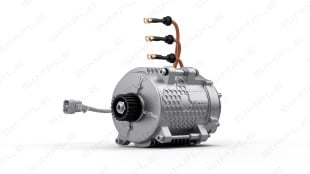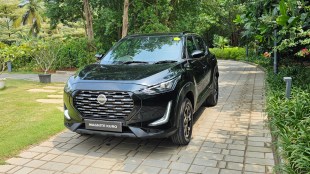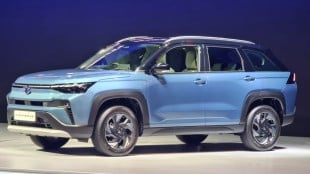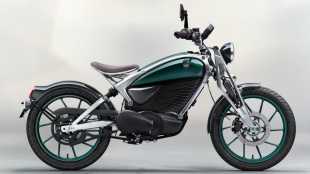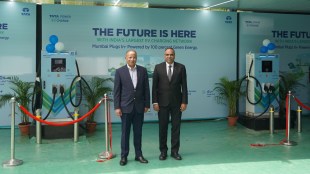Hyundai India has reached a significant milestone in sustainable manufacturing by successfully testing over 4.25 million engines with its Cold Bed Engine Testing technology – a process that eliminates the need for fuel, coolant, and water.
Introduced in 2013, Cold Bed Engine Testing allows HMIL to assess engine performance using electricity from renewable sources rather than traditional fuel-based methods. The system employs smart sensors to analyze key quality parameters, ensuring precision without emissions.
Speaking on the achievement, Gopalakrishnan CS, Whole-time Director and Chief Manufacturing Officer, HMIL, said, “At Hyundai Motor India, we constantly push the boundaries of innovation to deliver world-class quality while championing sustainability. By successfully testing over 4.25 million engines using zero-emission Cold Bed Engine Testing technology, we have significantly advanced our commitment to eco-friendly manufacturing – curbing over 2 million kg of CO₂ emissions and optimizing efficiency with US $1 million in operational savings.”
He added, “Our fully automated, fuel-free testing process ensures that every engine meets the highest standards while reinforcing our vision of responsible mobility. As we celebrate our 30th year of ‘Make in India, Made for the World,’ we remain dedicated to pioneering advanced solutions that shape a greener, smarter future for the automotive industry.”
How Does Cold Bed Engine Testing Work?
Each engine manufactured by HMIL is placed in a Cold Bed Engine Testing station, where an electric motor rotates the crankshaft. High-tech sensors monitor performance parameters, crankshaft angle, engine compression, chamber pressure, and evaluate overall engine worthiness, ensuring top-tier quality without burning fuel. This Industry 4.0-integrated system also stores test data digitally, allowing for future research and development.




